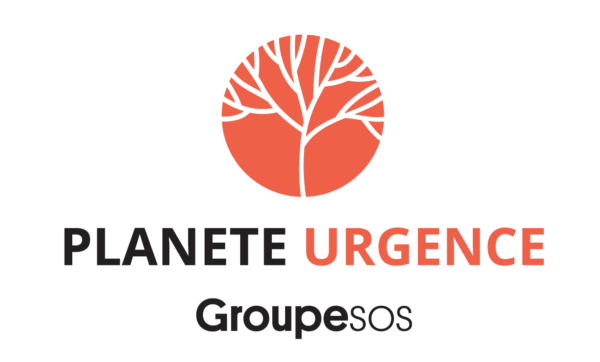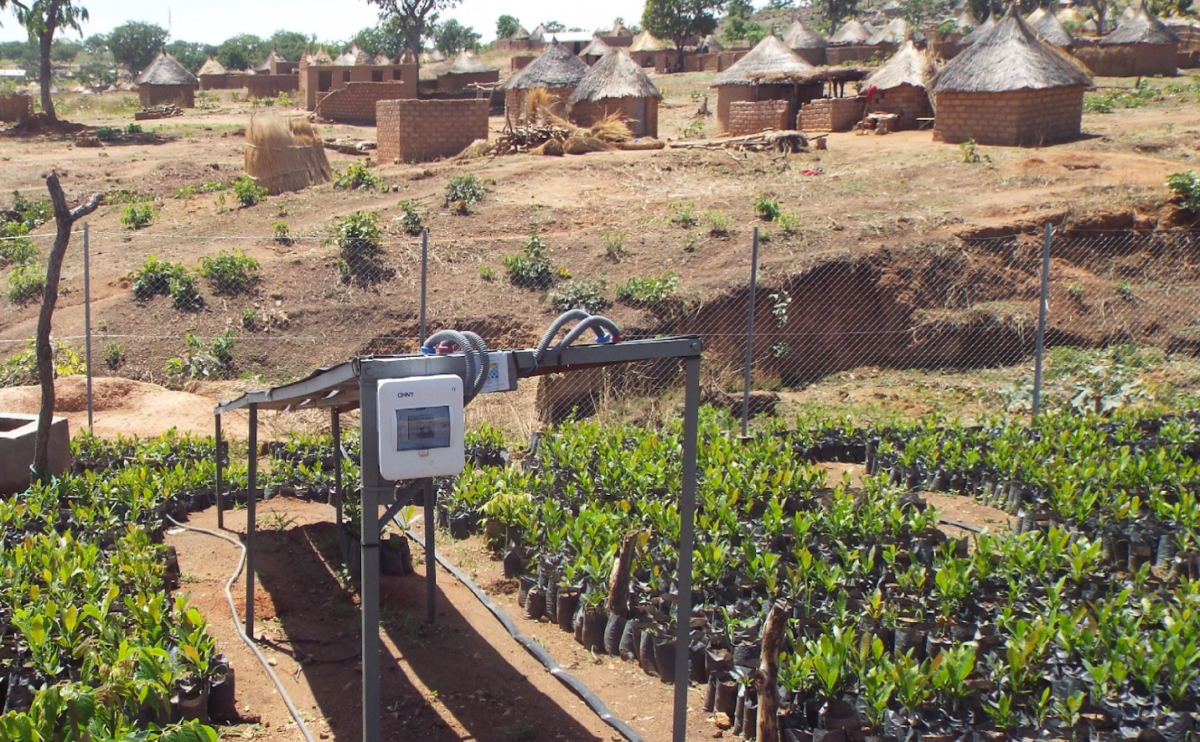FARE Project – Cashew nut industry, restoration of degraded areas and resilience of ecosystems and communities around protected areas in northern Cameroon
Planète Urgence is an international solidarity and environmental protection NGO created in 2000 and recognised as being of public utility.


Overview of the project
The North Cameroon region is experiencing severe degradation of its ecosystems as a result of the effects of climate change (desertification, drought, etc.) and the intensification of human pressures. The cross-border conflict caused by Boko Haram and the problems of drought and soil fertility are forcing the population of the Far North to migrate to the North, further increasing human pressure in and around the region’s three major National Parks. The over-exploitation of ecosystems is jeopardising the availability of natural resources, biodiversity and the vulnerability of local populations. In addition, waves of migration from the Far North have led to nomadic Fulani herders living alongside sedentary farmers, crystallising tensions over the management of natural resources.
In this context, Planète Urgence is intervening with a solution based on nature, making it possible to address all the issues present in the area. The project aims to support the restoration of degraded areas in and around protected areas in North Cameroon and to increase the resilience of ecosystems and local communities, through the reforestation of multi-purpose trees and support for the emergence of the cashew nut industry. To achieve this, the project is focusing on four key areas: raising awareness among local stakeholders of more sustainable natural resource management practices; restoring degraded areas through reforestation in and around protected areas in North Cameroon; developing income-generating activities (development of the cashew nut industry); and setting up consultation mechanisms between local stakeholders to improve the management of natural resources.
The project aims to restore degraded areas and improve the resilience of communities within the National Parks of Northern Cameroon, through the development of sustainable agricultural practices and the cashew nut sector.
Ongoing research
01/03/2019 - project still in progress
In 3 years of implementation (2019-2022), the project has achieved the following results:
- 8 community nurseries set up
- 363,016 trees planted on 3,630.16 hectares
- 1,500 beneficiaries supported in reforesting their plots using agroforestry techniques
- 3 cooperatives created and structured
- 1 supervisory and monitoring committee set up and operational
- Forest and agroforestry plots have been set up in and around the Benoué Park;
- Farmers have been trained in reforestation and sustainable agriculture practices.
- Community nurseries have been set up and maintained, and solar watering systems have been installed to maintain the seedlings.
- Traditional authorities, public institutions and local organisations have been involved in the project and collaborations have been forged at local level
- Local communities have understood the importance of restoring ecosystems as a means of adapting to the consequences of climate change
- Cooperatives have been set up to market cashew nuts
The FARE project has been financed since 2019 by private funds collected by Planète Urgence as part of the €1 = 1 tree operation, then from 2020 to 2022 by support from the EDF Foundation. In 2023 by co-financing from 1€1A and the Louis Dreyfus Mayer Foundation. In order to finance the second phase of implementation, the project has been submitted to the AFD and is currently being examined.
The project works with local implementation partner CERAF Nord (Centre des Ressources Agroforestières, forestières et de Formation continue, Antenne Nord). CERAF-Nord has been working since 2019 as part of the FARE project with Planète Urgence and is well established locally and with stakeholders present in the area.
The project also works with:
– The main public institutions in charge of the environment and the local and decentralised administrative authorities: the Ministry of Forests and Fauna (MINFOF), the Ministry of the Environment, Nature Protection and Sustainable Development (MINEPDED); the Ministry of Agriculture and Rural Development (MINADER), the Sub-Prefects and Mayors of Tcholliré, Poli and Mbé; the Conservators of the three National Parks, the Forestry Development Support Agency (ANAFOR), etc.
– Private sector operators in the region involved in cashew nut marketing: African Commodities, GIC RIBAOU and Food and Beverage Ingeneering (FBE).
– Links with existing networks of stakeholders and local projects: Renforcement des Systèmes d’Innovations dans le Nord du Cameroun (RESI-NOC), Ecosystèmes du Nord Cameroun (ECONORD-CAM), Wildlife Conservation Society (WCS), IUCN, GIZ, AWF, KFW-Fonds Commun, Noé Conservation, Association pour la Promotion et la Pérennisation des Activités Agropastorales (APPAA), Programme d’appui au développement communautaire (PADECO), etc.
– Traditional authorities: Lamidos of Rey-Bouba, Mbé, Poli, etc.


